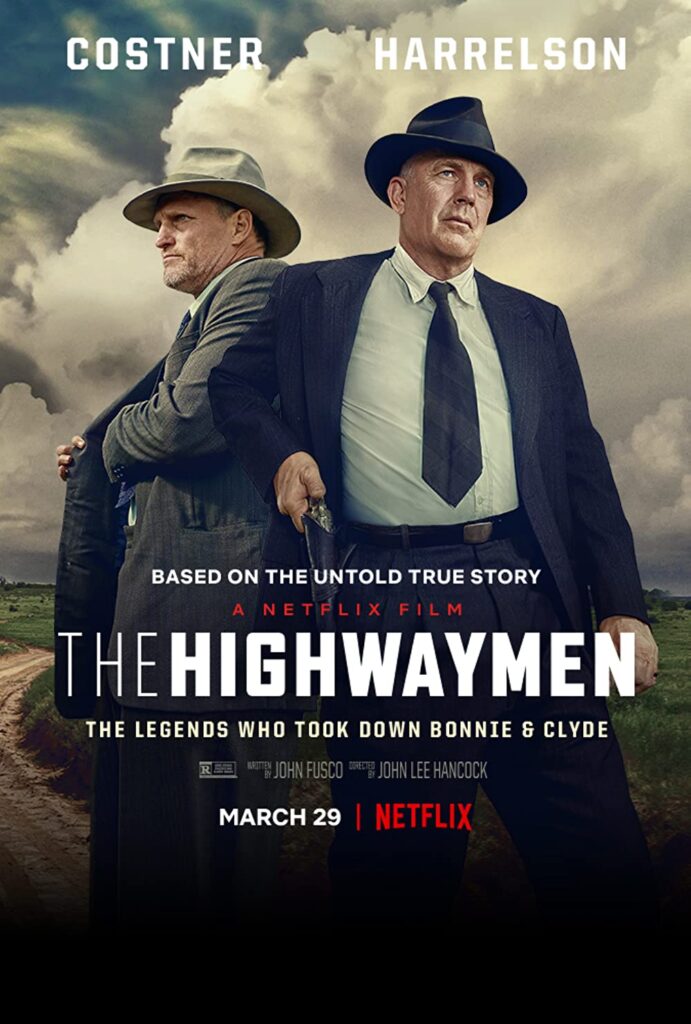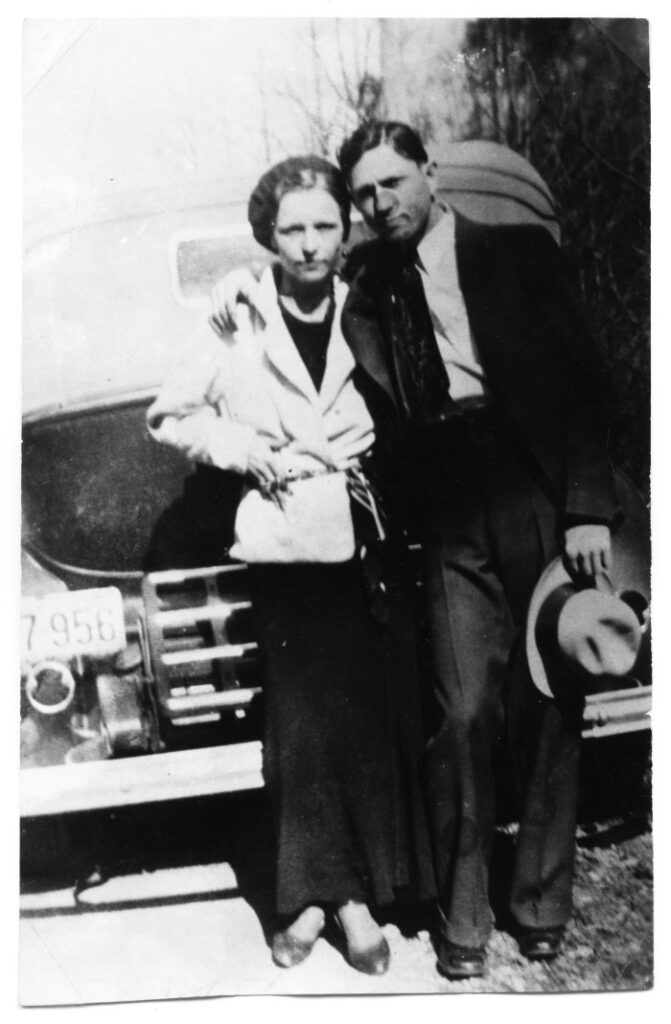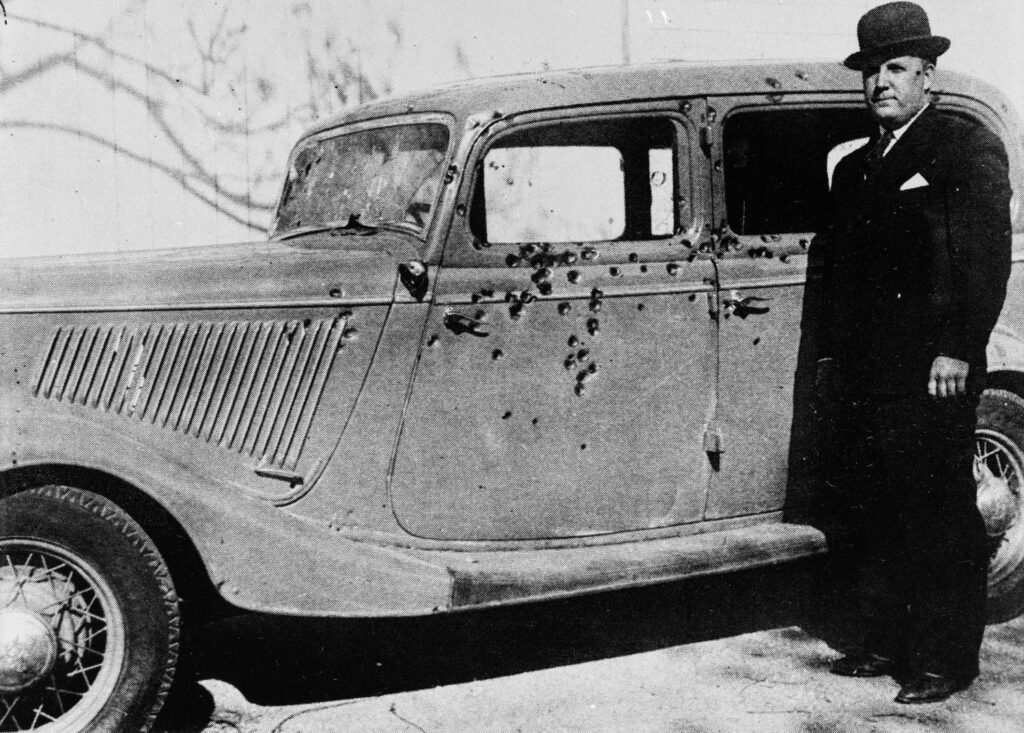On March 29, 2019 the film The Highwaymen premiered on Netflix. The film dramatizes Texas Rangers Frank Hamer and Maney Gault’s hunt for Bonnie and Clyde. The film celebrates the Ranger’s seemingly unique ability to “take down” dangerous criminals.

Bonnie Parker, Clyde Barrow, and their gang robbed banks and stores and killed at least nine people between 1932 and 1934. They repeatedly evaded police capture, until a posse lead by Hamer and Gault ambushed and killed them in Louisiana on May 7, 1934.

Told from the Rangers’ perspective, The Highwaymen positions itself as a ‘corrective’ to Bonnie and Clyde’s romantic Robin Hood image. In this way, it’s a response to the 1967 film Bonnie And Clyde, which depicts the outlaws as glamourous anti-heroes in the spirit of the 1960s. While The Highwaymen is broadly accurate, it reinforces a key myth about the Texas Rangers: that although they are scrupulously moral, they have a special ruthlessness and knowledge of the criminal mind that enables them to hunt and catch dangerous outlaws.
Two exchanges from the trailer demonstrate how the film portrays the Rangers as a special kind of law enforcement that’s more closely connected to the tenacity, violence, and justice of Texas’ ‘Wild West’ past:
Governor Miriam “Ma” Ferguson: This is 1934. Gangsters. Submachine guns. And you’ve put cowboys on Bonnie and Clyde?
Man: Texas Rangers
Outlaw threatening Maney Gault: You come the wrong place, mister. Around here, Clyde is king.
Gault: Clyde might be king, but I’m a Texas Ranger, you little shit.
Even the Texas governor associates the Rangers with the old Wild West. But with the Ranger’s capacity for old-fashioned violence—like beating up ‘little shits’ in bars—comes a strict moral code, possibly stricter than that of some modern law enforcement. The film argues that this combination of force and morality enables Hamer and Gault to find and kill Bonnie and Clyde and avenge those they’ve hurt.

Underneath this story is an idea about law enforcement: to stop violence, they must understand and commit violence, and civilians must trust their choices about when such violence in necessary. Doubt of this idea is at the core of many police accountability movements. In the Rangers’ case, this doubt is warranted. They have participated in decades of state-sanctioned, racialized violence, often against civilians. The 1918 Porvenir Massacre is one example. Follow @Refusing2Forget on Twitter or explore this blog to learn more.

Refusing to Forget members are @ccarmonawriter @carmona2208 @acerift @soniahistoria @BenjaminHJohns1 @LeahLochoa @MonicaMnzMtz and @Alacranita, another co-founder is @GonzalesT956.
@emmpask @sdcroll @HistoryBrian @LorienTinuviel are other scholars working on this project.

